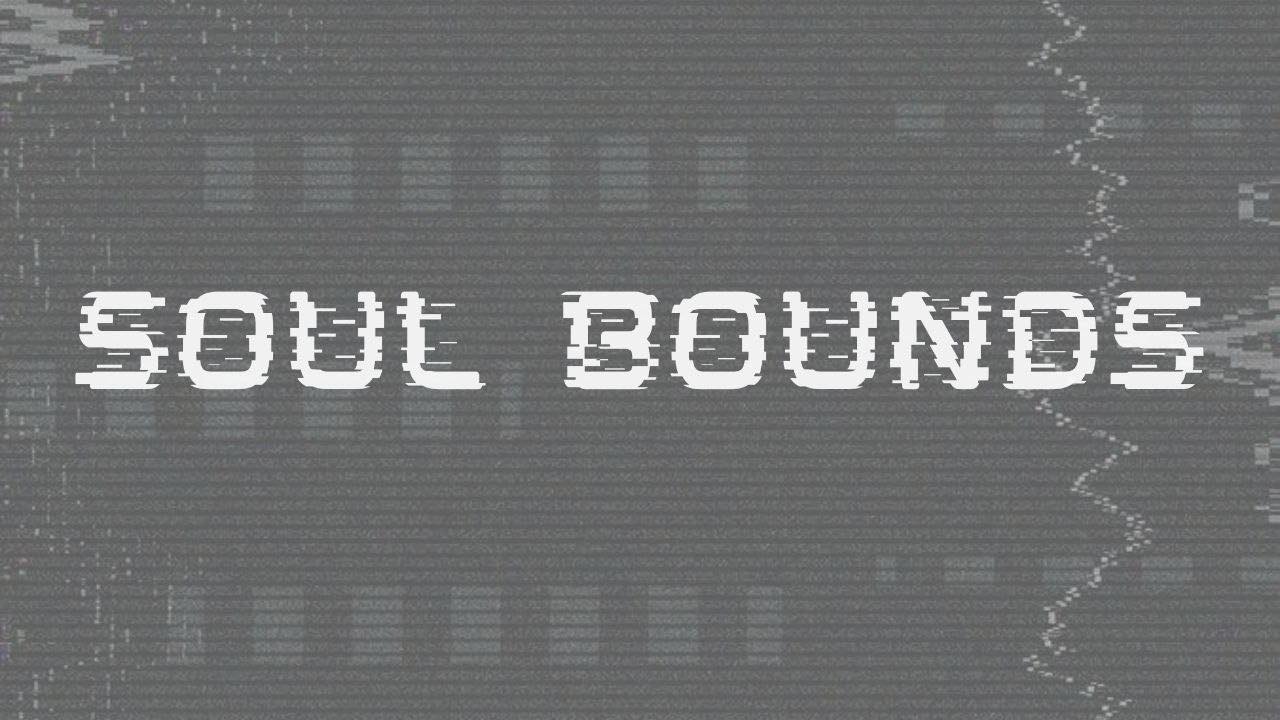Though crypto’s future appears bleak and uncertain right now, something’s brewing to secure the sustainability of a blockchain-powered future. The NFT revolution is faring well, despite full-blown bear markets. For one, innovations in this domain transform identity authentication and management, meeting the rising demand for Self-Sovereign Identity (SSID). This, in turn, is critical to the evolution and mass adoption of Web3.
The Soulbound Token (SBT) catalyzes the mainstreaming of SSIDs. It’s an experimental token aiming to define “social identity” in DeFi and Web3. This’ll allow individuals to identify and represent themselves to peers in digital societies. SBTs thus serve practical scenarios like memberships for alumni clubs, educational institutions, and political affiliations.
Ethereum co-founder Vitalik Buterin, along with Glen Weyl and Puja Ohlhaver, published the SBT whitepaper in May 2022, hoping to implement it on Ethereum soon. Vitalik got the inspiration for this from World of Warcraft, the legendary game where you cannot transfer the ‘soulbound items’ you acquire.
Soulbound for Social Identity
Soublound Tokens (SBTs) are publicly visible, similar to ordinary NFTs, but non-transferable. The project is Vitalik’s quest to expand blockchain’s scope beyond ownership and wealth, solving the persistent trust problem in Web3.
Every interpersonal interaction and business transaction requires some degree of trust among counterparties and stakeholders. Given Web3’s promise of anonymity and privacy, however, ensuring trust is often tricky and requires protocols to depend on centralized infrastructure. For example, NFT collectors use Twitter and Opensea for the provenance of their NFTs. Besides being futile, such attempts might even render Web3 redundant in the long run.
SBTs, however, are non-transferable and provide you a way to build and access decentralized, self-sovereign social identities. Souls—i.e., digital wallets connected to Soulbound—can self-certify their digital identities. What’s more important, though, is that they can issue SBTs to each other, creating a mutually-verified web of (social) identities.
Vitalik calls this method the Proof of Humanity Attestation, which will transform how trust works in Web3. So, let’s say your employee wants to endorse your networking or typing skills, they can issue SBTs. Your Soul address links to every SBT issued to you by others, providing a profile you can share with potential employers. That, however, is only the tip of the iceberg.
Here’s Why and Where SBTs Will Work
Souls own SBTs permanently as these are non-transferable assets. This allows users to immutably store academic credentials, membership records, and other social identity markers. SBT’s use cases can even extend to verifying names, political affiliations, criminal records, credit history, and medical records.
For instance, users, protocols, and businesses can peek at the prospect’s SBT and then decide whether to lease property to them, employ them, or loan money to them. Thus, simply put, SBTs will allow people to prove who they are and attest to their reputation.
In general, Soulbound tokens can act like an extended record issued mutually by Souls to attest to social relations. These SBTs cannot move on secondary marketplaces like Opensea, unlike NFTs. Hence, they can help solve some long-standing issues in the DeFi and NFT world, including scams, rug pulls, and theft.
Soulbound’s creators envisioned it as a digital passport for decentralized societies. The novel concept is still under development, though, with many questions about its actual implementation unanswered. Vitalik, for one, aims to launch SBTs on Ethereum by Q4 2022, paving the way for a fully decentralized ecosystem by 2024.
Airdrop Alert will follow this project up close, so you can follow us for the latest updates. Because when building the future is at stake, it’s pointless to miss out on any potential gain, economic or otherwise.
Check out our latest blog on how to get or supply a loan with an NFT as collateral.








